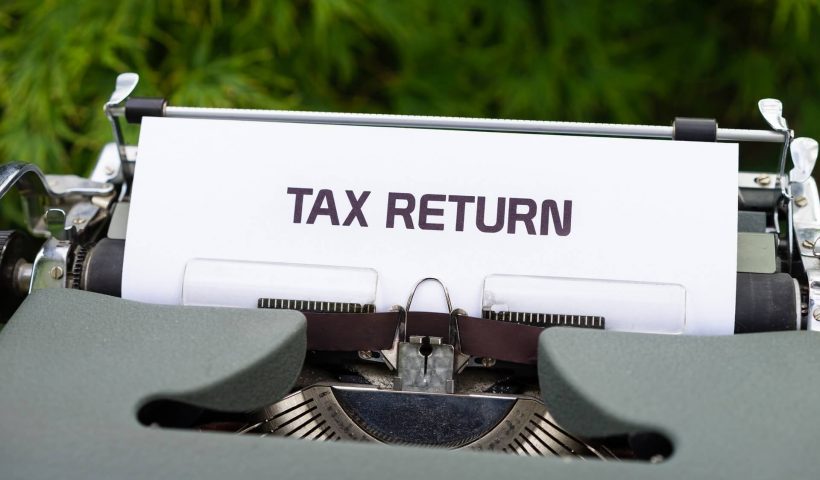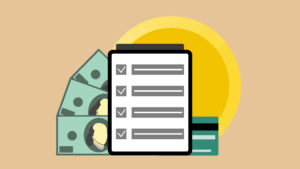6 best tips About A self-Assessment

Looking for some great tips about self-assessment tax returns for self-employed? You’ve landed on the right page. Let’s walk you through the best 6 tips.
Do it online not by post
Firstly, it’s a convenience and secondly, you get a longer deadline for submitting your self-assessment tax return. Isn’t it amazing!
If you do a paper self-assessment, the deadline for submitting it is 31 October following the end of the tax year. So if the tax year ended on 5 April 2021, the deadline is 31 October 2021.
If you switch to online self-assessments, the deadline gets extended until…wait for it… 31 January following the end of the tax year! This means your tax return for the year ended 5 April 2021 has to be submitted by 31 January 2022.
And did we mention the convenience as well? You don’t have to print any forms, buy stamps, go to the letter box, use paper nor cut down trees.
Spread the work throughout the year
Don’t wait till the last minute to sort out your paperwork that is necessary for preparing your self-assessment. It’s so easy to make mistakes while you’re rushing and these can cost you extra money. You don’t want that, do you? And we’re sure you don’t want to be spending even more time making corrections to your tax return.
Spreading the work throughout the whole year eliminates error, your exhaustion and stress. Depending on the volume of your business transactions, you can do your bookkeeping once a week, month, every two months or once a quarter. Decide what will work best for you.
Apart from making a preparation of your tax return easier, organised business records will give you valuable insights into your business on a regular basis. There will be no surprises after the year end- where did all that money go?!
Use a separate bank account
-Can I use my personal bank account for my business?
-In theory, yes, you can, but not always. Read more details below.
-Do I need a separate bank account if I’m self-employed?
-No, you don’t. There’s no legal requirement for self-employed people to have a separate business bank account.
But…
You should have a separate business bank account. Or at least you should consider it. Why? Firstly, some banks don’t allow personal accounts to be used for business purposes, so you can simply get into trouble with your bank. Refer to the terms and conditions with your bank. Secondly, and our Oxford accountants know this from experience, organising your business records and preparing your self-assessment tax returns if you have a separate business bank account is more than even twice as quick as without having one.
If you have a business bank account and keep your business transactions separate, you’re not spending hours trying to figure out what on your bank statement is personal and what you can claim as your business expense. This gets even better, because if you’re using accounting software, you can link your business bank account to it and all the transactions will be automatically fed into your software. This is called an automated bank feed. You can read more about automated bank feeds here and see how it makes your business life easier. There’s also a video where you can see it in action.
Use accounting software app on your phone
One of the best benefits of using accounting software is that it very often comes with an app that you can download on your phone. This feature is offered by for example Xero accounting software and QuickBooks.
Accounting software app on your phone lets you quickly take a photo of your receipts and create transactions in your accounts within seconds. Let’s say you bought some stationary. What happens quite often with tiny paper receipts? We simply lose them or the ink on them fades away with time. If you take a photo of that receipt, you create business transactions that will be included in your self-assessment tax return and you can keep the photo of the receipt in your accounts forever.
This way you will not only improve your productivity by using accounting software by also satisfy HMRC in terms of record keeping. By the way, you know it’s a legal requirement to keep your business records, right?
Get the timing right
As you already know after reading the first part of this article, there are two submission deadlines for self-assessment tax returns depending whether you do it online or on paper. However, there’s one payment deadline to settle your tax bill and this is 31 January following the end of the tax year. More about different payment types and detailed deadlines for self-assessment tax returns can be found in this article.
The cash flow in business is really important. That’s why we recommend that if after calculating your tax liability, it turns out that you will receive a refund from HMRC, you should submit your tax return as soon as possible after the end of the tax year which is 5 April. This way you will receive your refund sooner.
If your calculations say you have to pay tax on your profits, you can submit your tax return just after the year end, but you should decide on the best time for making a payment to HMRC. You can either make it closer to 31 January following the end of the tax year- this means you can keep the money longer- or in a month when you have a bigger injection of income. From the cash flow perspective, it’s always good to keep the money as long as possible. But remember don’t miss the deadline for the payment because you will pay penalties and interest.
Have you got a spouse?
Why does it even matter from the tax perspective? Because you may be eligible for marriage allowance. If you have a wife, husband or a civil partner, they can transfer £1260 of their personal allowance to you. This can be done if your partner’s income is below their Personal Allowance. The rates can change, so to get the most current personal allowance rate please refer to the HMRC website.
It’s good to use marriage allowance because if your partner can’t use their whole allowance, then it simply gets lost while it could be used by you instead and reduce your tax bill.

Your Accountant in Oxford
Oxford Office
Joanna Bookkeeping
The Wheelhouse Angel Court
First Floor, Angel Court
81 St Clements St
Oxford
OX4 1AW
Connect
joanna@joannabookkeeping.co.uk
01865 591952





